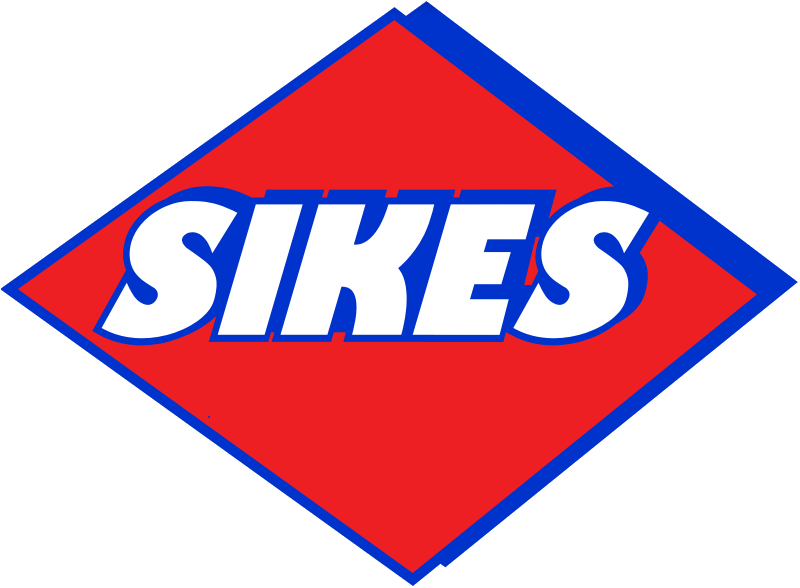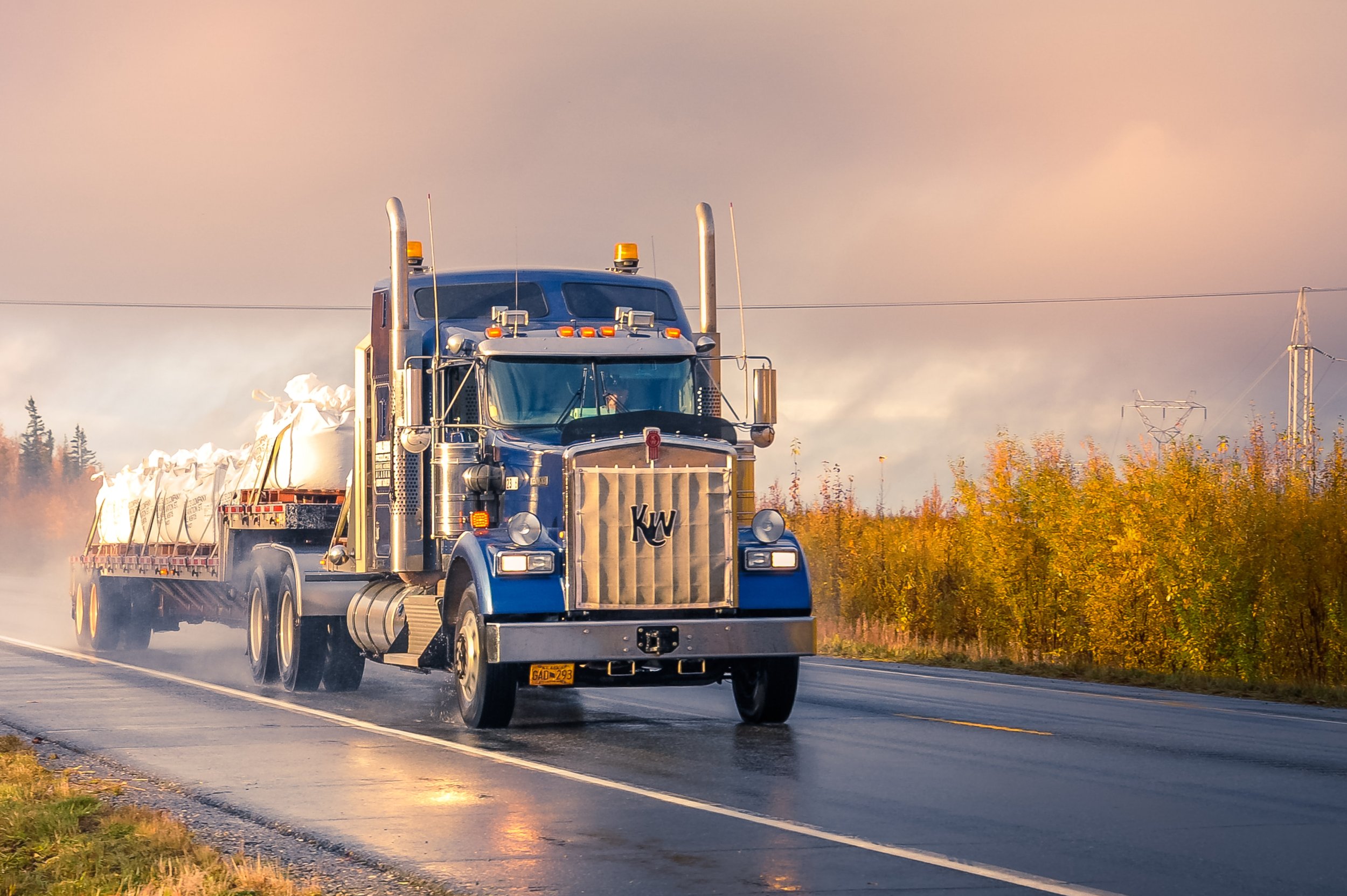COMMERCIAL DRIVER'S LICENSE HOLDERS
COMMERCIAL DRIVER’S LICENSE
A CDL is a commercial driver's license. It is a type of driver's license that is required in order to operate a commercial motor vehicle (CMV), which is a vehicle that is used for transporting goods or passengers for hire. This can include vehicles such as semi-trucks, buses, and other large vehicles.
What is a CDL?
A CDL is a commercial driver's license. It is a type of driver's license that is required in order to operate a commercial motor vehicle (CMV), which is a vehicle that is used for transporting goods or passengers for hire. This can include vehicles such as semi-trucks, buses, and other large vehicles.In order to obtain a CDL, an individual must pass a series of tests that are designed to assess their knowledge and ability to safely operate a CMV. These tests typically include a written exam, a road test, and a skills test. The specific requirements for obtaining a CDL can vary depending on the state in which the individual lives.Once an individual has obtained a CDL, they are able to operate a CMV in accordance with the laws and regulations that apply to commercial drivers. This includes things like maintaining a valid medical certificate and complying with hours of service regulations.In addition to the basic CDL, there are also several endorsements that a driver can obtain that allow them to operate specific types of CMVs. For example, there are endorsements for operating vehicles that carry hazardous materials, or for operating vehicles that have air brakes.Obtaining a CDL is an important step for individuals who want to work as commercial drivers. It demonstrates to potential employers that the individual has the knowledge and skills necessary to safely operate a CMV, and it allows the individual to legally operate a CMV on public roads.What are the requirements for CDL holders?
CDL holders are commercial drivers who are licensed to operate large vehicles, such as buses, tractor trailers, and tanker trucks.
To obtain a CDL, individuals must meet several requirements, including:
Age
In most states, individuals must be at least 18 years old to apply for a CDL. However, in some states, individuals as young as 16 may be eligible to obtain a CDL with restrictions, such as a ban on interstate travel.
Physical requirements
CDL holders must be physically fit and able to perform the tasks required of a commercial driver, such as lifting heavy objects, climbing in and out of the vehicle, and sitting for long periods of time. As such, applicants must pass a physical examination and have good vision, hearing, and physical coordination.
Knowledge requirements
CDL applicants must pass a written test to demonstrate their knowledge of traffic laws, safety regulations, and other relevant information. In addition, they may need to pass a road test to demonstrate their driving skills.
Criminal history
CDL applicants must have a clean driving record and may be required to undergo a criminal background check. Individuals with certain criminal convictions, such as DUI or reckless driving, may be ineligible to obtain a CDL.
Medical certification
CDL holders must have a valid medical certificate to show that they are physically fit to operate a commercial vehicle. This certification must be renewed every two years.
In addition to these requirements, CDL holders must also adhere to strict regulations regarding the number of hours they can drive and the amount of time they must take off between shifts. These regulations are intended to prevent accidents and ensure the safety of all drivers on the road.
How do I get a CDL?
To obtain a commercial driver's license (CDL), you must first meet certain eligibility requirements set by your state's department of motor vehicles (DMV) and the Federal Motor Carrier Safety Administration (FMCSA). These requirements typically include being at least 18 years of age (21 years of age for interstate driving), holding a valid regular driver's license, and passing a medical exam to ensure that you are physically fit to operate a commercial vehicle.
Once you have met these requirements, you can begin the process of obtaining your CDL. This typically involves completing a CDL training program and passing a series of written and driving tests. The written tests cover various topics, such as traffic laws, vehicle inspection, and safe driving practices, and are designed to ensure that you have the knowledge and skills necessary to operate a commercial vehicle safely. The driving tests, on the other hand, assess your ability to actually operate a commercial vehicle, and may include a pre-trip vehicle inspection, a basic control skills test, and an on-road driving test.
Once you have successfully completed the training program and passed the written and driving tests, you will be issued a CDL. This license will include endorsements for the types of vehicles you are qualified to operate, such as tanker trucks, buses, or hazardous materials vehicles. You may need to obtain additional endorsements if you wish to operate certain specialized types of commercial vehicles.
It's important to note that obtaining a CDL is just the first step in becoming a commercial truck driver. To actually work as a truck driver, you will also need to find a job with a trucking company and meet any additional requirements set by that company. These requirements may include having a clean driving record, passing a drug test, and completing additional training or certification programs.
In conclusion, obtaining a CDL requires meeting certain eligibility requirements, completing a training program, and passing written and driving tests. Once you have a CDL, you can start looking for jobs as a commercial truck driver. However, you will need to meet additional requirements set by individual trucking companies in order to actually work as a truck driver.Featured Blogs
SIKES CONCRETE INC.
8030 FL-77, Southport, FL 32409
850-265-4564






